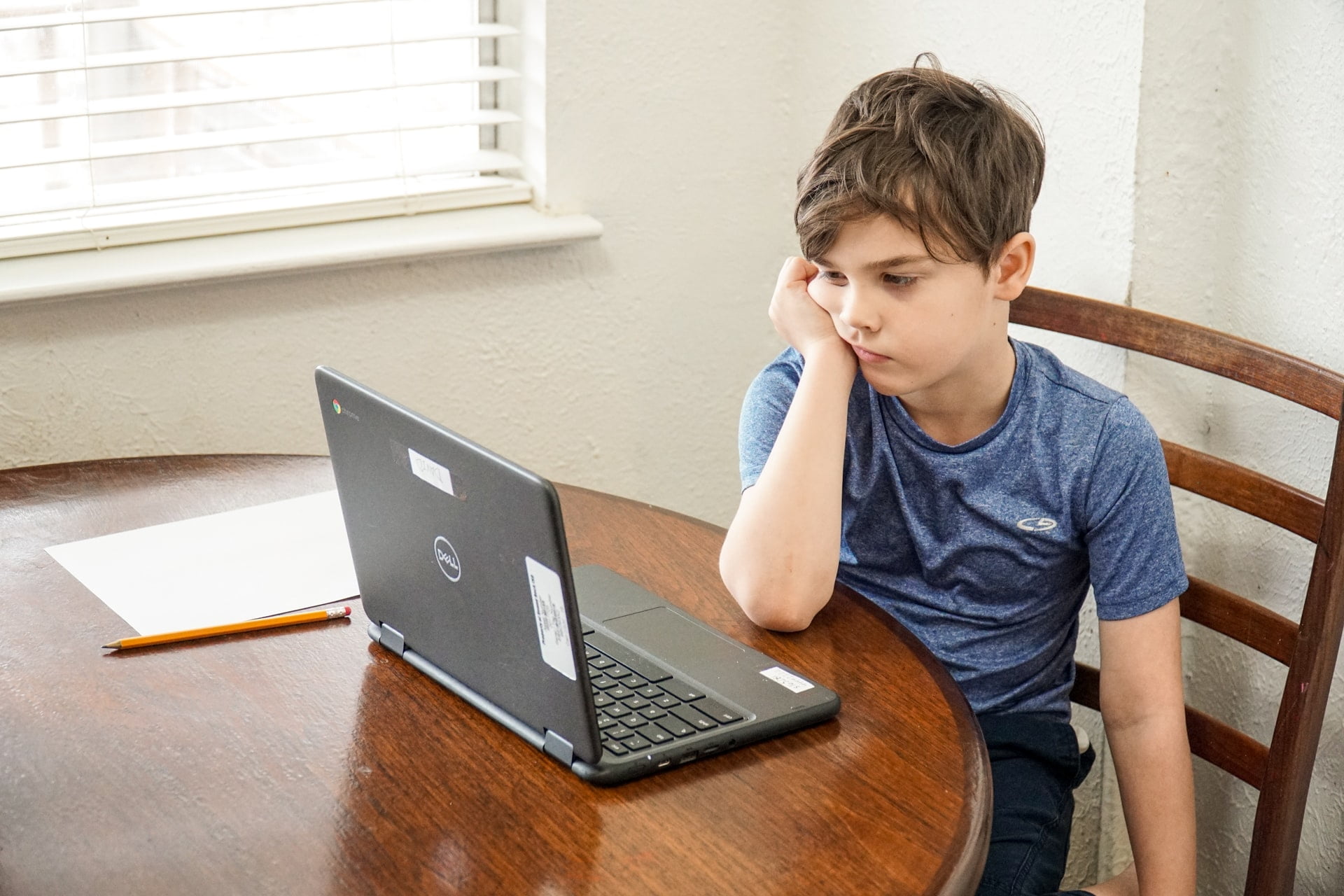Nurturing Healthy Self-regard: Social Media and Body Image
There’s a verse in the book of Proverbs that says, “Keep your heart with all vigilance, for from it flow the springs of life.” (Proverbs 4:23, ESV) This verse points out the truth that the thoughts, feelings, ideas, and attitudes we allow into our lives and thoughts influence us in profound ways. The things that preoccupy your mental and emotional landscape shape the person you are and become, including body image. This is why you ought to be cautious about what you allow to enter your mind and heart. In our culture, we are hyper-conscious about what we put into our bodies, but we don’t often show the same kind of vigilance when it comes to the influences we allow into our lives. Social media, like any other tool, can work for our good, but it can also harm us. It requires wisdom to discern when it is not working for you and undermining your well-being. Developing a healthy body image Your body image is an amalgam of the attitudes, thoughts, and feelings you have toward your own body. A positive body image is when you appreciate what your body looks like, what it can do, and what it feels like to inhabit it. Additionally, a positive body image applies to the whole as well as the parts. You appreciate your body as a whole, but you also like parts of yourself. Newbury Park Christian Counseling can help you develop a healthier and more positive body image, guiding you toward self-acceptance and confidence. Positive body image doesn’t mean you don’t have things about yourself you may not like or would like to change. It simply means that your predominant attitude toward yourself and your body is one of positive self-regard. On the flip side, a negative body image is [...]





